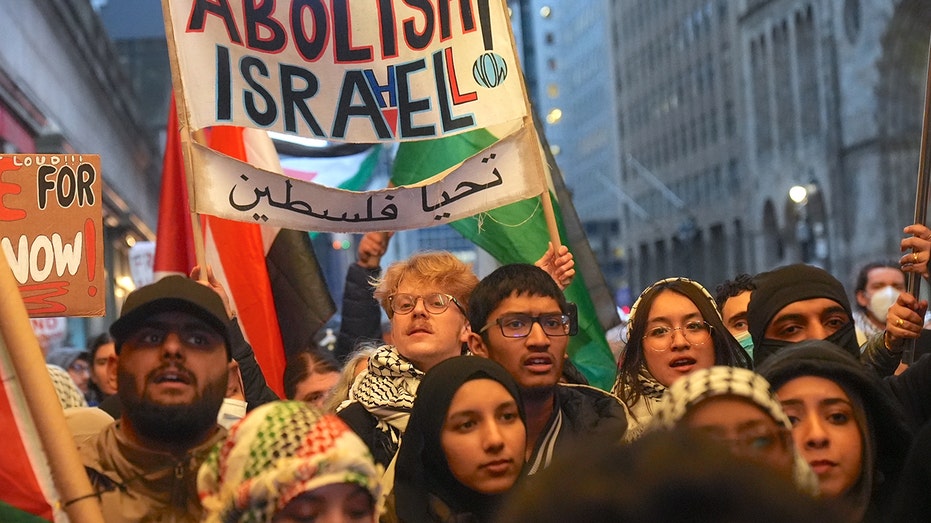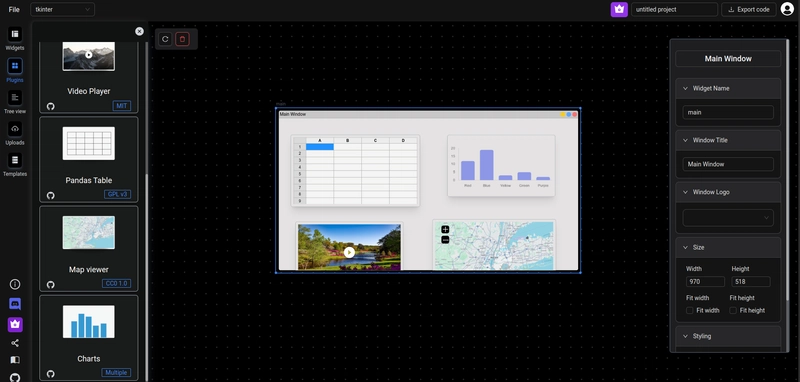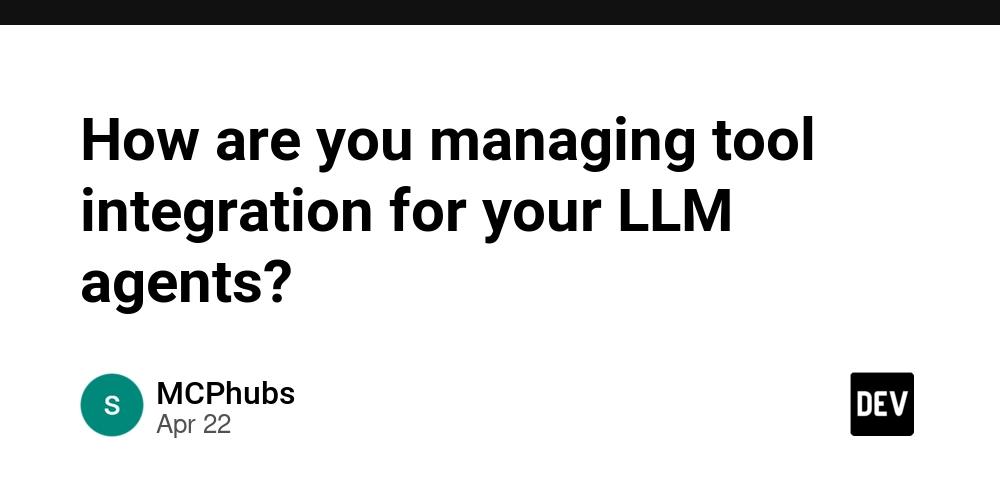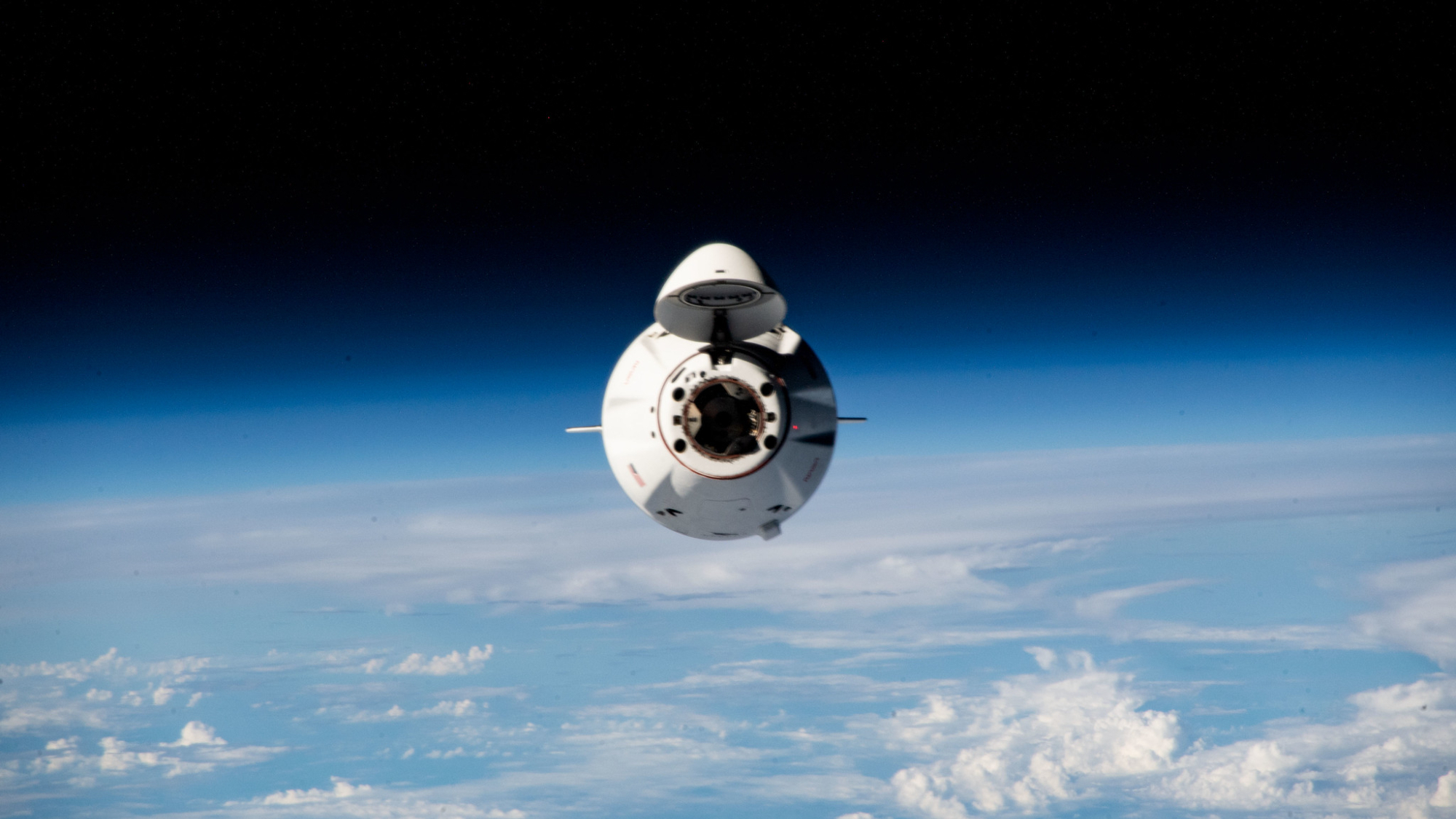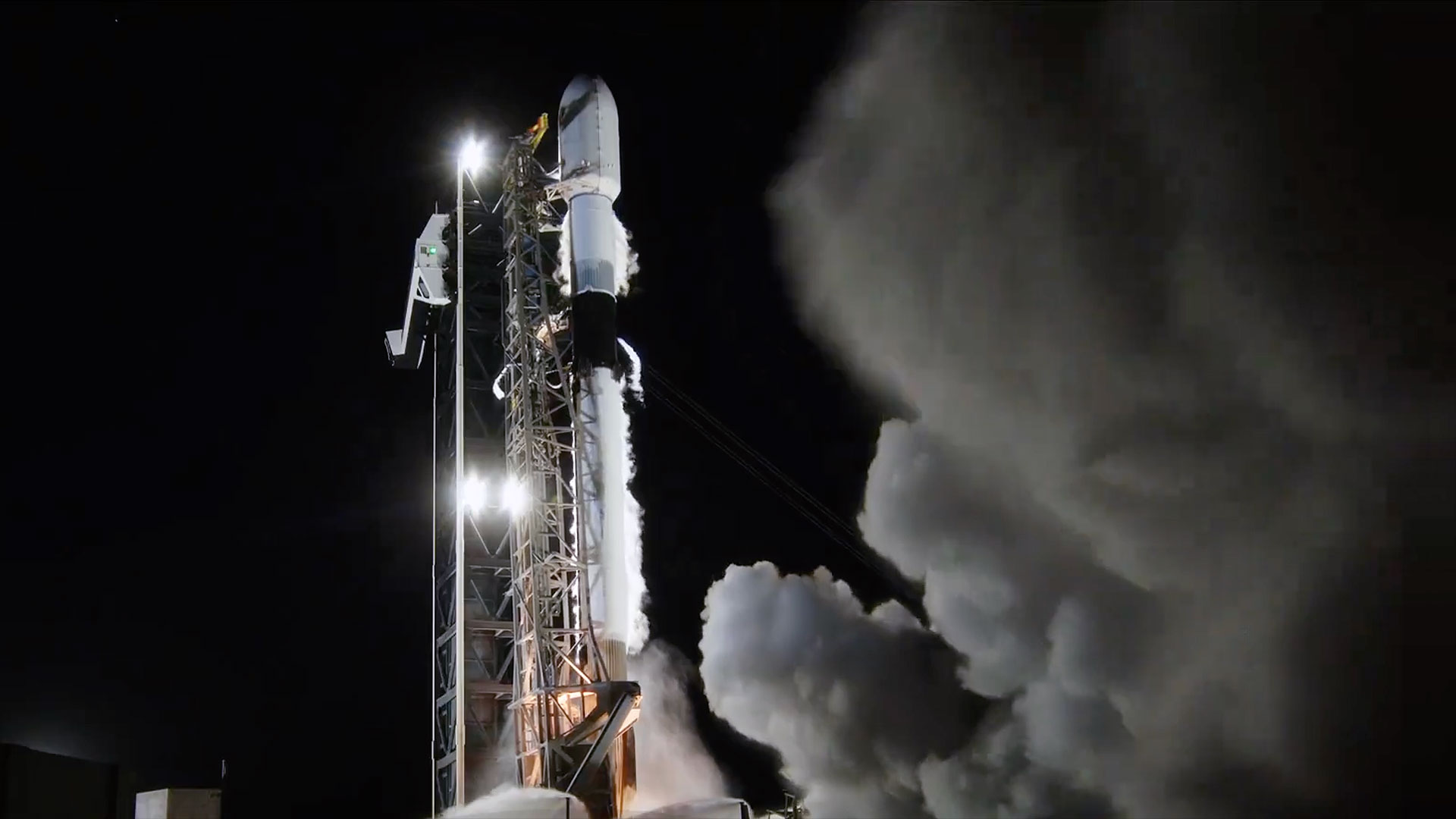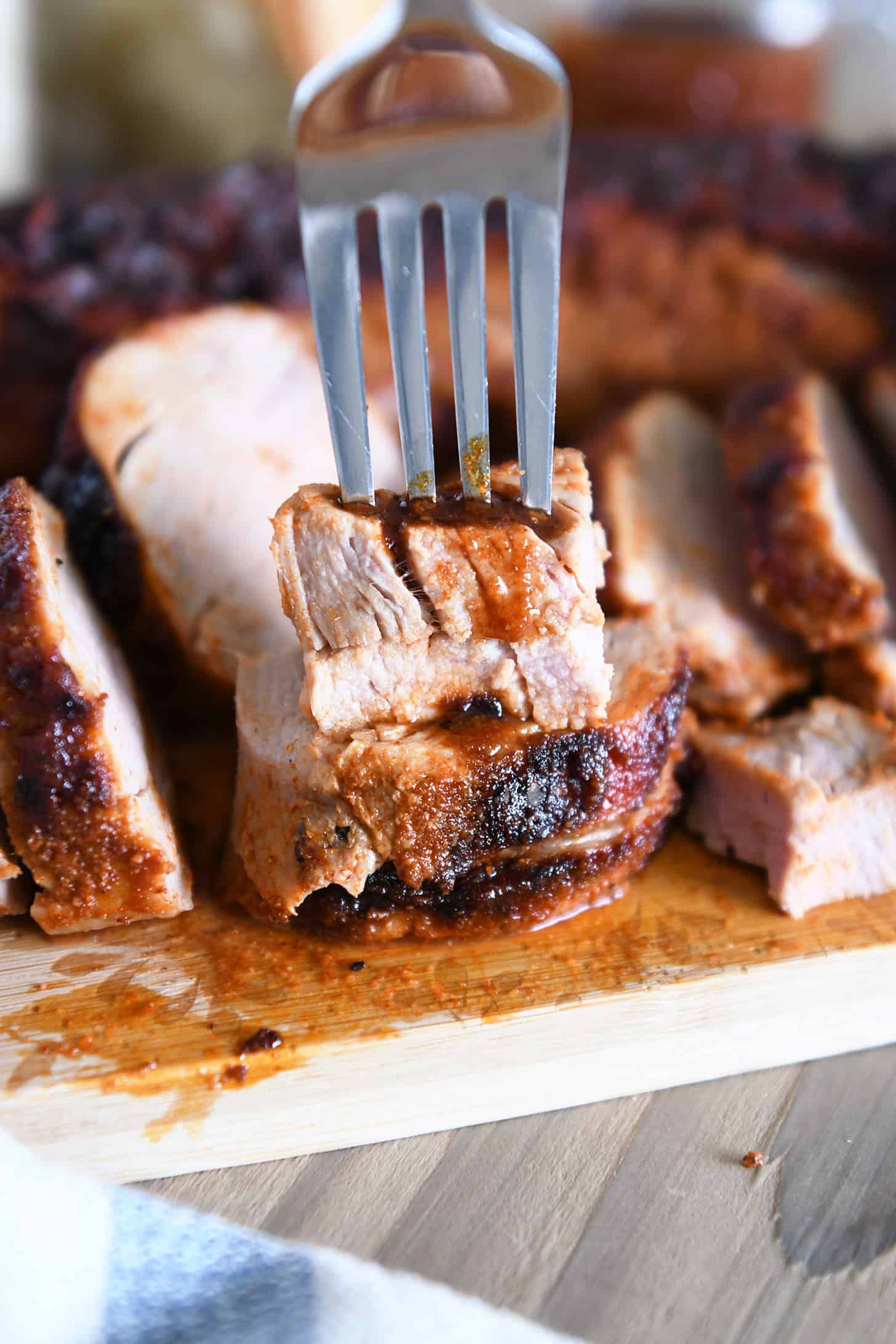How much iPhone prices might rise — and when it could happen
Analysts predict Apple's costs will increase by roughly 30% to 50% with tariffs, leading some iPhone models to go up as much as $350.
Michael M. Santiago/Getty Images
- Some analysts predict Apple could hike iPhone prices by up to $350 because of new tariffs.
- Apple's costs are expected to go up roughly 30% to 50% from tariffs, analysts said.
- Apple will try to negotiate with Trump and suppliers to avoid passing on the full costs to consumers, analysts said.
President Donald Trump's "Liberation Day" tariff announcement sent some consumers rushing to upgrade their iPhones because they were afraid of price increases. But how much more could you end up paying for a new iPhone?
Emarketer analyst Jacob Bourne told Business Insider that iPhones and other Apple devices could go up "hundreds of dollars."
With the White House announcing plans to implement a total tariff rate of 104% on China, BI spoke to seven analysts about what consumers can expect in terms of price hikes.
Estimated price increases of 30% to 40%
In a blog post outlining how some tech products will be impacted by tariffs, UBS's Chief Investment Office wrote that the iPhone 16 Pro Max with 256 GB, which is assembled in Mainland China, will likely see a price hike of $350 — bringing its price tag up to $1,549.
Not all Apple products are likely to see the same price increases. For example, the iPhone 16 Pro with 128 GB is assembled in India, which is set to have a total 26% tariff rate that goes into effect on Wednesday. That model is expected to increase by 12%, which would be $120, UBS wrote in the blog.
UBS wrote that it's "near impossible" to come up with exact figures on price increases, and it's also unclear how much the iPhone company will end up passing on to consumers.
Bourne told BI that if consumers are grappling with tariffs on other goods, and also possibly dealing with a market crisis, they "aren't going to want to pay" for that kind of increase.
"Consumers really have to look at their bandwidth for discretionary expenses and certainly Apple's products, including the iPhone, can be a big ticket item," Bourne said.
Thomas Monteiro, an analyst at Investing.com, said that if Apple ends up passing on the costs to consumers, companies like Samsung, which are less impacted by tariffs, could gain a competitive edge.
However, IHT Wealth Management chief investment officer Yussef Gheriani told BI that "customers are too entrenched in their ecosystem to easily break from the brand." Gheriani said he expects "a majority if not all of the cost increases" that Apple endures to be passed on to consumers, although it's possible telecom companies could take on some of the costs, or that financing Apple purchases becomes more common. That could make price increases "easier to swallow," he said.
Why Apple may be able to get away with price hikes
Dipanjan Chatterjee, vice president and principal analyst at Forrester, told BI that Apple can probably increase prices for some of its products, like the iPhone, "without significant detriment," even if it has high margins and could afford to absorb some of the costs of tariffs.
Chatterjee said many people have their lives "entangled" with Apple platforms and might not want to switch to a new brand. He said that people change their iPhones every year or two and line up the night before product launches to get the latest version of something that isn't much different from what other brands are offering.
"People do that because it's Apple, right," Chatterjee said. "There's something about the brand that demands even now a degree of sort of fanaticism and loyalty."
Apple will try to strike a deal
Chatterjee told BI that Apple could try a more long-term approach of moving its manufacturing to the US or move production from high-tariff countries to lower-tariff countries. Apple has already reportedly tried to do so, with plans underway to source more iPhones from India, the Wall Street Journal reported on Monday.
In the short term though, all of the analysts BI spoke to agreed that Apple will try to avoid the extra costs by negotiating a deal either with the Trump Administration or the suppliers it works with.
It wouldn't be the first time Apple tried to cut a deal under pressure. The tech giant is known to take on an assertive approach in its negotiations, and it's been successful in many instances.
"This is kind of their lobbying apparatus that kicks in and tries to convince the administration for whatever reason they should not be subject to it," Chaterjee said.
Trump previously praised Apple CEO Tim Cook for his dealmaking approach. Trump said that during his first-term, Cook reached out to him when a 25% and 50% tariff would impact Apple products imported from China. The two ended up making a deal that Trump would back down from the tariffs if Apple manufactured more in the US.
The sooner, the better
Even if Apple can't dodge the tariffs this time around, price hikes to its products likely won't happen overnight.
Emarketer analyst Bourne said that Apple could potentially get by on months on emergency shipments of iPhones that it flew in ahead of tariffs to avoid some of the impact. Willcox, from Consumer Reports, said pricing will also depend on how much inventory Apple has, and how fast it ends up selling it. In the last week of March, the tech giant reportedly transported five planes of iPhones and other products from India to the US, The Times of India reported on Tuesday.
Bourne said if a buyer has less urgency for a new iPhone, they could hedge their bets and hold off on a purchase until tariffs and negotiations are finalized.
That said, if you know you'll need a new iPhone soon, it's not a bad idea to act now.
Craig Moffett, senior analyst at MoffettNathanson told BI that Apple isn't expected to drop anything "Earth shaking" with the iPhone 17. So buyers "might as well jump now to get ahead of any price increase risk." Plus, it's not a bad time to lock in a phone deal, Moffett said, with Verizon offering a free phone deal and three year price guarantee.
Apple did not respond to a request for comment from Business Insider.
